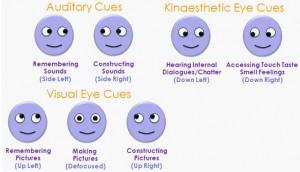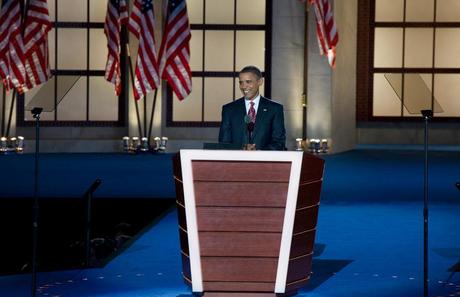Non-verbal communication for the preacher
So far, my query relating to the place of mind, heart and spine has produced few results. What it has produced, however, is a plea to develop the idea of ‘listening with the spine’ a little further as it relates to preaching. When I was researching Who Needs Words, it took me into all sorts of places to which the preacher would not customarily go. Amongst these was the world of Action Learning, born out of British industrial relations. It also took me to the insights of neuro-linguistic programming, born of psychological studies in the USA in the 1970s.
Amongst the many insights which NLP has to offer the communicator is a minute analysis of those gestures and micro-gestures which contribute to the message conveyed. These may be entirely involuntary on the part of the speaker, and yet they have a significant impact on the listener. NLP started with observation, and then moved onto praxis. Thus, for instance, it analysed the eye movements of people when communicating different things, as shown below:

Image: nlpworld.co.uk
With great skill, these things can be ‘reverse engineered’ and not just used as a means to read a message, but a means to convey it. A speaker may wish to mimic these eye movements in order to reinforce the listener’s inclination to make pictures, reflect or recall. The same goes for full body movement. If a standing speaker is looking back they may step back. If they are looking forward they may step forward. If they want to stop and reflect their movements may all be slowed to a minimum. All these things can be consciously inserted by a speaker in order to supplement the words which their speech is conveying. It is worth analysing Barack Obama’s acceptance speech of the Democratic nomination in Denver on August 28th 2008. The young man who had strode energetically to and fro on the campaign trail now stands rooted to the podium – moving only from the waist up. The message conveyed non-verbally is that this is a statesman who can be trusted with such a powerful office.

Image: i.infolpols.com
The question is whether such devices are appropriate for the preacher. If we want to communicate at every level – brain, heart and spine, should we use every means at our disposal? By adding such skills to our armoury – are we fulfilling our calling or straying from it?
The question is a genuine one, as I am undecided. What do you think?
